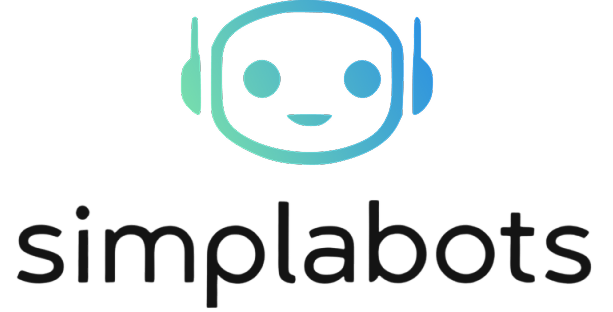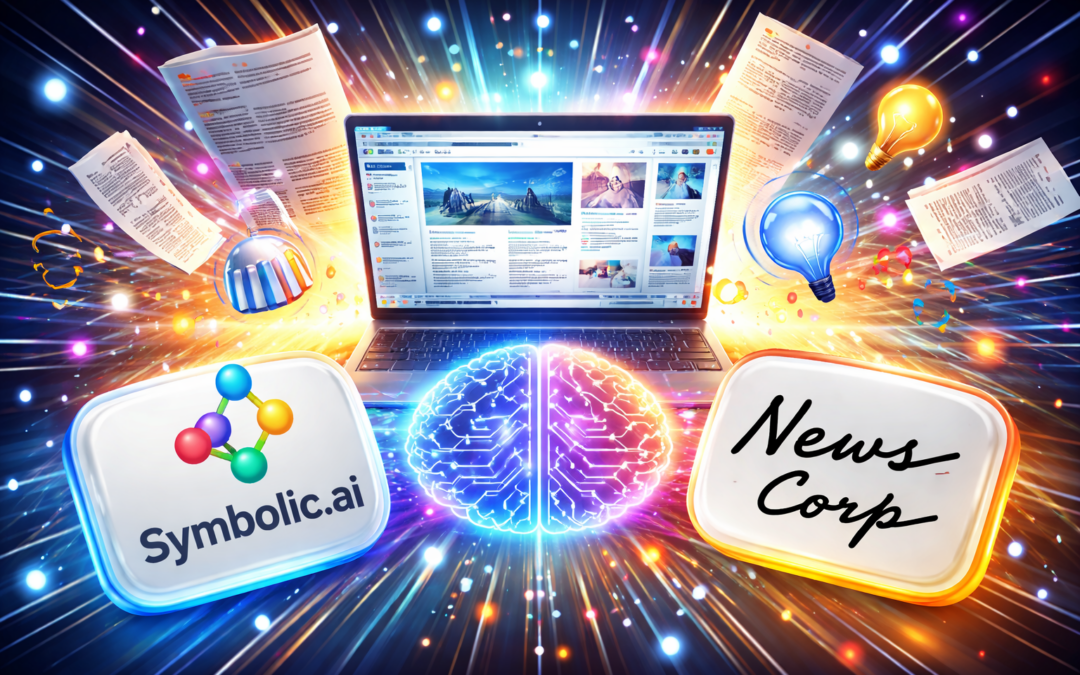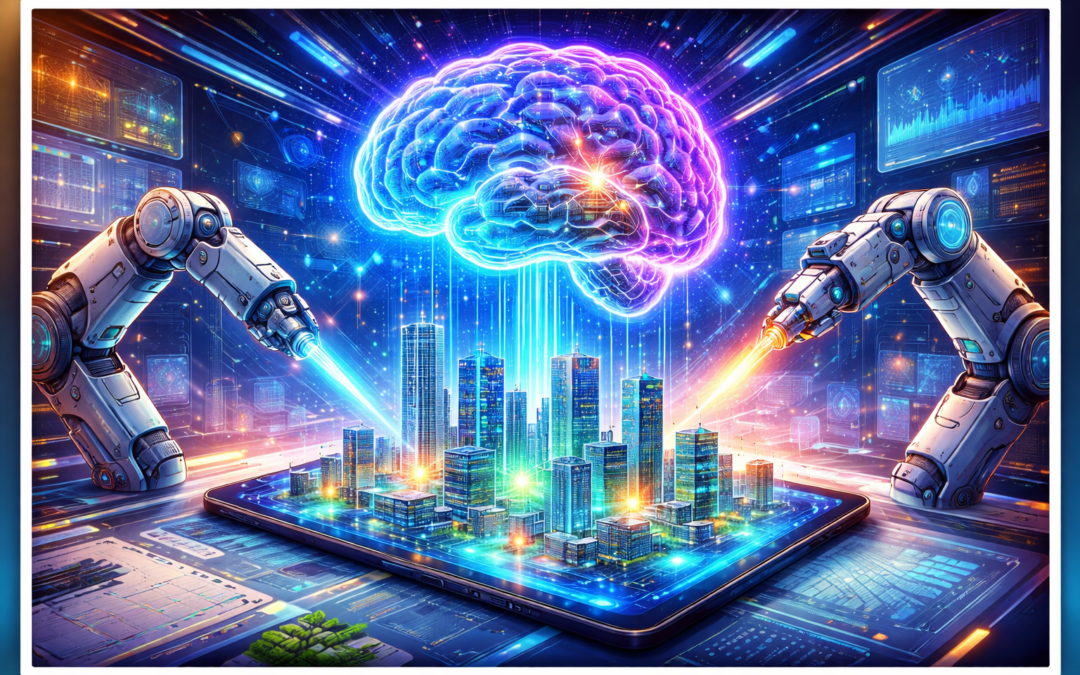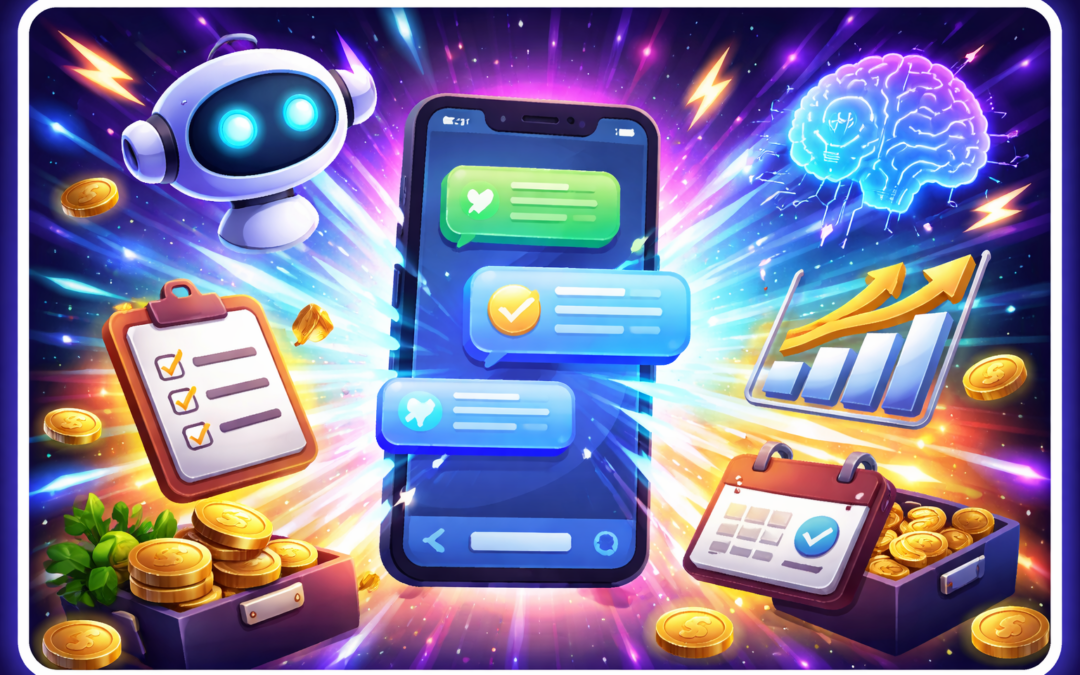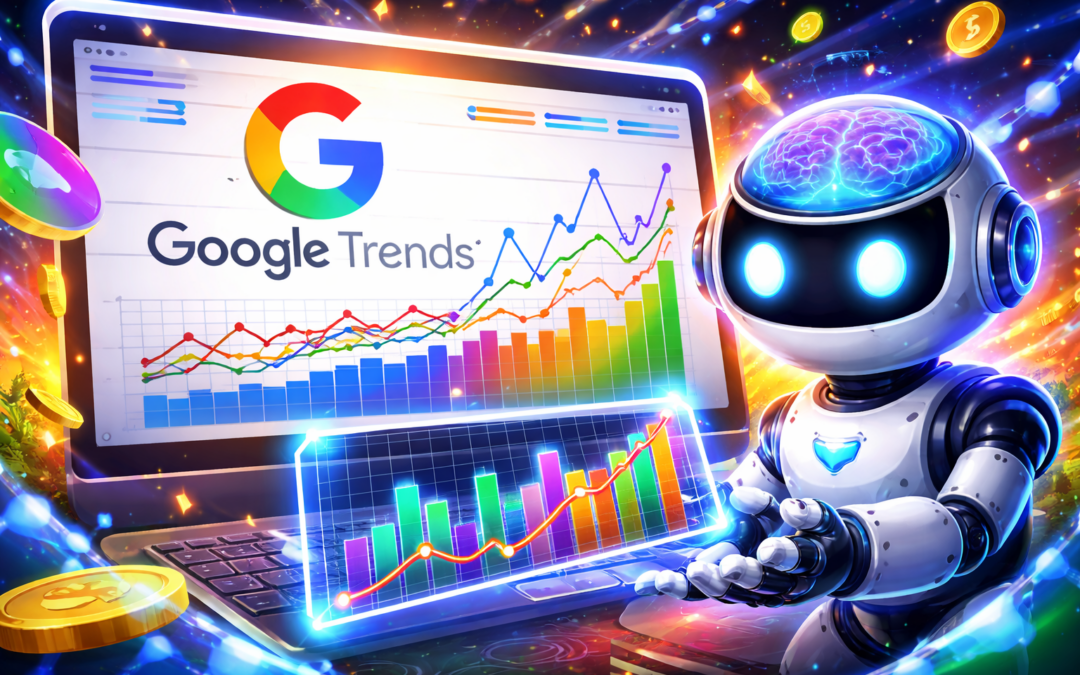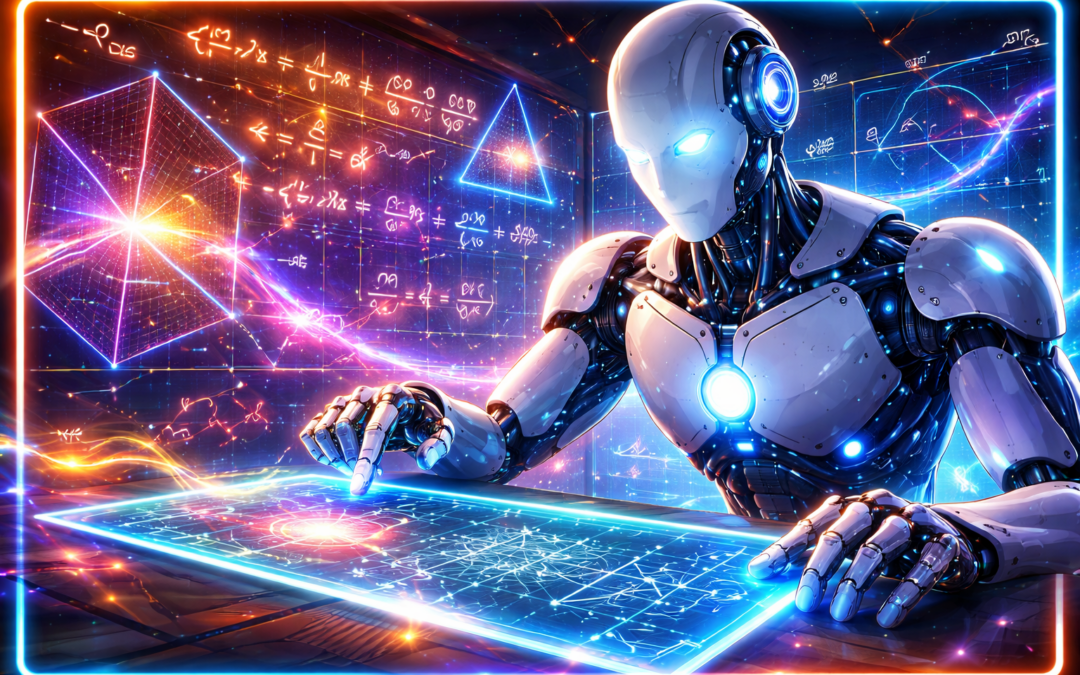Solana’s co-founder Anatoly Yakovenko’s endorsement of agentic coding underlines a major shift in how generative AI and large language models (LLMs) might accelerate software development.
As tech leaders revisit the real-world impact of self-directed AI agents, the new focus is driving both opportunities and debate in developer, startup, and enterprise circles.
Key Takeaways
- Agentic coding leverages autonomous AI agents to generate, test, and iterate code with minimal human guidance.
- Solana’s Anatoly Yakovenko aligns with growing sentiment among tech innovators that agentic approaches will reshape development workflows.
- Rapid advances in LLMs like GPT-4 Turbo and specialized coding models (e.g., GitHub Copilot, Code Llama) are making agentic coding practically viable.
- Startups are already productizing agentic workflows for faster prototyping, bug fixing, and application scaling.
- Debate persists around reliability, security, and safe deployment of AI-generated code at scale.
What Is Agentic Coding and Why Does It Matter?
Agentic coding refers to AI-powered systems that autonomously analyze requirements, generate code, execute tests, and continually improve software with limited or no human prompt engineering.
Unlike today’s standard code generation tools, agentic models act independently, chaining functions and reasoning steps to complete complex tasks.
Solana’s Anatoly Yakovenko calls agentic coding one of the most exciting trends reshaping how software can be built, emphasizing its potential for end-to-end automation.
This shift carries enormous implications for AI professionals, as frameworks increasingly replace manual developer labor with agent-directed processes.
For example, new approaches like Cognition’s Devin AI engineer (covered by Axios) and OpenAI’s recent GPT updates have heightened expectations that entire product cycles might soon be managed by self-improving agents.
Opportunities & Challenges for Developers and Startups
The most forward-thinking startups rapidly embed agentic functionality in their platforms.
- Startups like Sweep and Magic.dev offer agents capable of bug triage, code review, and continuous feature implementation, signifying strong traction in the VC ecosystem.
- Developers benefit from accelerated prototyping and debugging while facing new requirements around prompt engineering and AI oversight.
Agentic coding introduces fresh attack surfaces — raising the bar for secure-by-design practices and monitoring in AI-driven code pipelines.
Additionally, traditional teams must address skills gaps, as daily workflows now encompass agent coaching, output validation, and compliance checks—a fundamental change for software organizations.
Enterprise Impact and Roadblocks
As LLM-powered agents move from experimental GitHub repos to enterprise DevOps pipelines, CTOs seek measurable gains in productivity, but maintain scrutiny over:
- Code quality and explainability — ensuring agent-generated code meets rigorous standards
- Security and privacy — evaluating the risks of exposing sensitive data through autonomous toolchains (arXiv: Security Risks of LLMs)
- Regulatory oversight — governing automated development processes under evolving AI law and best practices
While agentic AI promises near-autonomous engineering, robust human-in-the-loop governance remains essential for responsible deployment.
Implications for the Coming Years
Agentic coding will not eliminate developer roles; rather, it will reconfigure them—elevating humans to architects, reviewers, and AI process designers.
Startups and enterprises that embrace structured automation and focus on trustworthy model outputs will lead the next phase of software delivery.
AI practitioners should start tracking open-source agentic frameworks and participate in ongoing discourse around agent reliability and ethics.
Expect continued debate as more projects move from lab-scale demos to mission-critical implementation.
Source: TechCrunch
